Baby blues refer to a common experience of mood swings, mild depression, and anxiety that can occur in women after giving birth to a child. The condition typically begins a few days after delivery and may last up to two weeks. Symptoms may include feelings of sadness, irritability, mood swings, and tearfulness, along with difficulty sleeping, fatigue, and changes in appetite.
Baby blues are a normal response to the hormonal and emotional changes that occur after childbirth, and it is estimated that up to 80% of new mothers experience them to some degree. However, it is important to note that if symptoms persist beyond two weeks or become more severe, it may be a sign of postpartum depression, which requires medical attention.
If you are experiencing baby blues, here are a few pieces of advice:
- Be kind to yourself: Remember that it is normal to feel overwhelmed, anxious, or emotional after giving birth. You are going through a major life transition, and it takes time to adjust. Don’t judge yourself too harshly, and try to be patient with yourself.
- Get help: Don’t be afraid to ask for help. Reach out to family, friends, or a healthcare professional if you need support. Having someone to talk to or assist with household chores can be a huge relief.
- Take care of yourself: Make self-care a priority. Get enough sleep, eat healthily, and try to get some exercise or fresh air every day. Even small acts of self-care, such as taking a relaxing bath or reading a book, can help improve your mood.
- Connect with other new moms: Join a support group for new moms or seek out other parents in your community. Talking to other people who are going through similar experiences can be comforting and reassuring.
- Seek professional help if needed: If your symptoms persist or get worse, or if you feel like you are not able to cope, seek professional help from a healthcare provider. Postpartum depression is a serious condition that requires medical attention, and there is no shame in seeking help.
Here are some additional resources that can help:
- Postpartum Support International: This organization provides resources and support for mothers experiencing perinatal mood and anxiety disorders, including baby blues. They have a helpline that can connect you with local resources and support groups.
- National Institute of Mental Health: This government organization provides information on postpartum depression and other perinatal mood and anxiety disorders.
- American Psychological Association: The APA provides a list of licensed psychologists who specialize in perinatal mood and anxiety disorders.
- BabyCenter: This online community provides a forum for new mothers to connect with each other and share experiences and advice. They also have articles and resources on baby blues and other postpartum issues.
- The Postpartum Stress Center: This center provides therapy and support for mothers experiencing perinatal mood and anxiety disorders, including baby blues. They offer online counseling and support groups.
Remember, baby blues is a temporary condition that usually resolves on its own within a few weeks. However, if your symptoms persist or worsen, it’s important to seek professional help.

